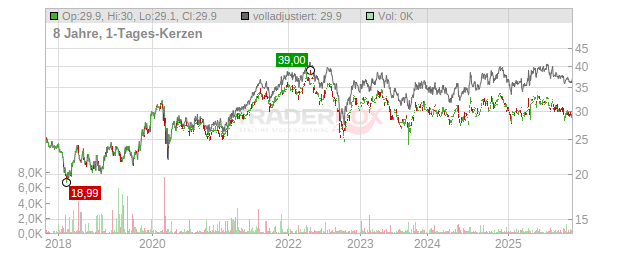Severn Trent: Leading Innovations in Water Utility Management

Introduction
Severn Trent, one of the largest water and wastewater service providers in the UK, plays a pivotal role in managing essential water resources for millions. With growing concerns about climate change and the need for sustainable practices, the importance of Severn Trent extends beyond simply providing water; the company is at the forefront of innovation in water management and environmental stewardship.
Recent Developments
As of October 2023, Severn Trent continues to implement various initiatives aimed at enhancing service delivery and environmental protection. The company’s recent investments in smart water technology have garnered attention. These technologies are designed to optimise water distribution, reduce leaks, and improve overall efficiency in the management of water resources.
One notable project includes the rollout of a state-of-the-art leakage detection system that uses AI and machine learning to identify and address leaks in real-time. By investing £50 million in this technology over the next decade, Severn Trent aims to reduce water loss and raise the bar on operational efficiency.
Sustainability Efforts
In line with its commitment to sustainability, Severn Trent has set ambitious targets to become a net-zero carbon business by 2030. This initiative involves increasing the use of renewable energy in its operations and enhancing its wastewater treatment processes to minimise carbon emissions. The company has already taken substantial strides in this direction by investing in wind and solar energy as part of their energy strategy.
Moreover, Severn Trent has launched a campaign to promote water conservation among its customers, educating the public about the importance of using water efficiently. Through community workshops and online resources, they are encouraging households to adopt sustainable water practices.
Community Engagement
Severn Trent also places a strong emphasis on community engagement. Recently, the company has introduced programmes to support local communities, particularly around environmental projects. Their initiatives have included funding for local clean-up efforts and biodiversity projects, aligning with their mission to improve the quality of the environment for future generations.
Conclusion
Severn Trent’s ongoing efforts reflect a broader trend in utility management towards sustainability and innovation. With technology advancing rapidly and climate challenges becoming more pressing, the role of companies like Severn Trent will only increase in importance. Their proactive approach not only benefits their customers but also fuels a more sustainable future for water management in the UK. Looking ahead, we can anticipate further developments as Severn Trent leads the way in water utility innovations and environmental responsibility.









